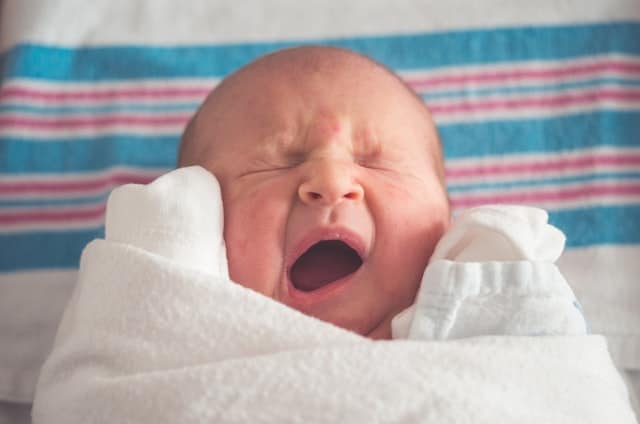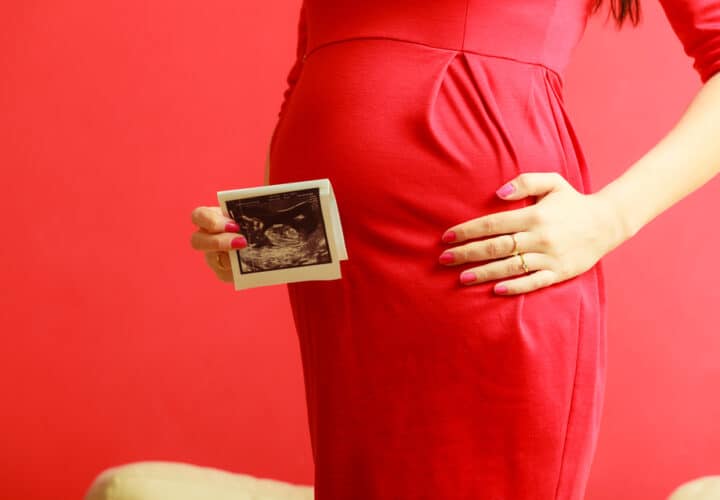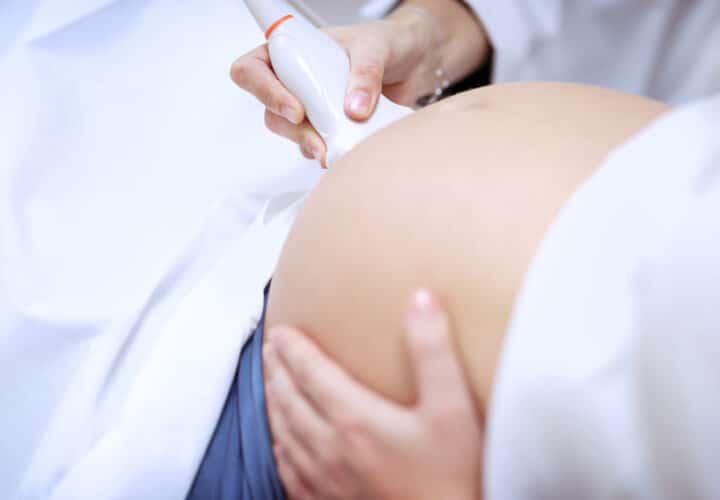A new review of 44 years worth of data from Sweden found that women with more years of fertility had two thirds higher risk of developing dementia than women with fewer years of fertility.
Two thirds of all Alzheimer’s diagnoses are women. In the past, scientists attributed this to the fact that women tend to live longer than men. Now, we know there are influential links between Alzheimer’s and estrogen, menopause and pregnancy. Now, a new study indicates that women who have longer periods of fertility end up with a higher risk of dementia later in life.
Published in the journal Alzheimer’s and Dementia, the longitudinal population study followed 1,462 women in Sweden from 1968 to 2012. Researchers calculated the women’s fertile years by tracking the time from menarche — age at first menstruation — to age at menopause.
Nearly a quarter — 24 percent — of women who were fertile for 38 years or more developed dementia after the age of 85. Of women with a shorter reproductive period of 32.6 years or less, only 16 percent developed dementia.
The number of pregnancies, marked by major hormonal fluctuations, did not have an impact on dementia risk according to the data, despite that past studies have seen associations between the number of pregnancies and the risk of dementia.
This was one of the more surprising aspects of the research for lead author Jenna Najar, a doctoral student at the University of Gothenburg’s Sahlgrenska Academy and AgeCap, the Center for Aging and Health, in Sweden. One recent study found that giving birth to five or more children could raise the risk of Alzheimer’s by as much as 70 percent. The study also found that women with what researchers called “incomplete pregnancies” — those that ended in miscarriage or abortion — had a lower chance of Alzheimer’s than those who had never had an incomplete pregnancy.
More dominant a factor, the study found, was the hormone estrogen. According to Najar, previous studies have indicated estrogen may become toxic to neurons when Alzheimer’s disease pathology is present: “Therefore,” she told Yahoo Life, “our hypothesis is that the effect of estrogen has a negative effect on neurons in older people where dementia and Alzheimer’s disease pathology has started to accumulate.”
While researchers in the Alzheimer’s and gender space agree that, fertility aside, estrogen may play a key role, more research is needed to determine just what effect it has.
Some believe estrogen is a protector: Dr. Gillian Einstein spoke to Being Patient about the protective effect estrogen has on the brain. Studies have found that menopause triggers the loss of a protein that increases the risk of Alzheimer’s disease.
When estrogen levels drop with menopause, it could have a negative impact on women’s neurological resilience against Alzheimer’s and related dementias:
Lisa Mosconi, lead author on a Weill Cornell Medicine study that found that changes in the brains of middle-aged women are present without any symptoms of memory loss, told Being Patient: “While all sex hormones are likely involved, our findings suggest that declines in estrogen are involved in the Alzheimer’s biomarker abnormalities in women we observed. The pattern of gray matter loss in particular shows anatomical overlap with the brain estrogen network.”
Previous studies have found that women in menopause and peri-menopause showed more cognitive decline than men, shrinkage of the hippocampus, and more beta-amyloid build-up.
Dr. Rawan Tarawneh writes that while estrogen has a protective effect that degrades as estrogen levels drop, lifestyle differences between men and women, such as higher rates of depression, and a different response to stress or sleep disturbance in women compared to men complicate the issue.
“We don’t really know how hormonal changes affect the brain, but what we do know is that hormones affect women in a lot of ways,” Dr. Marie Pasinski, a faculty member at Harvard Medical School and neurologist at Massachusetts General’s Institute for Brain Health, told Being Patient in a recent BrainTalk.
“For example, they interfere with sleep and we know that sleep is one of these modifiable risk factors. Often, when women are young, if they have discomfort with their periods, they may not sleep as well,” Pasinski said. “Certainly during pregnancy, it can be hard to get a good night’s sleep. Then when women have children, women who are breastfeeding are sleep deprived. We realized that this continues throughout a woman’s life.”
She added, “Raising children decreases our sleep. We know that women who have children are more likely to be sleep deprived than men. Once the kids are raised, we become caregivers and take care of parents or ailing family members. Again, that takes a toll. It’s so difficult to quantify that effect, but we also know that women are more likely to suffer from insomnia than men are.”
High blood pressure is another theorized factor that could interact with pregnancy, fertility or menopause: Dr. Heather Boyd from the Statens Serum Institut in Copenhagen has found in her research that high blood pressure during pregnancy may triple dementia risk later in life.




